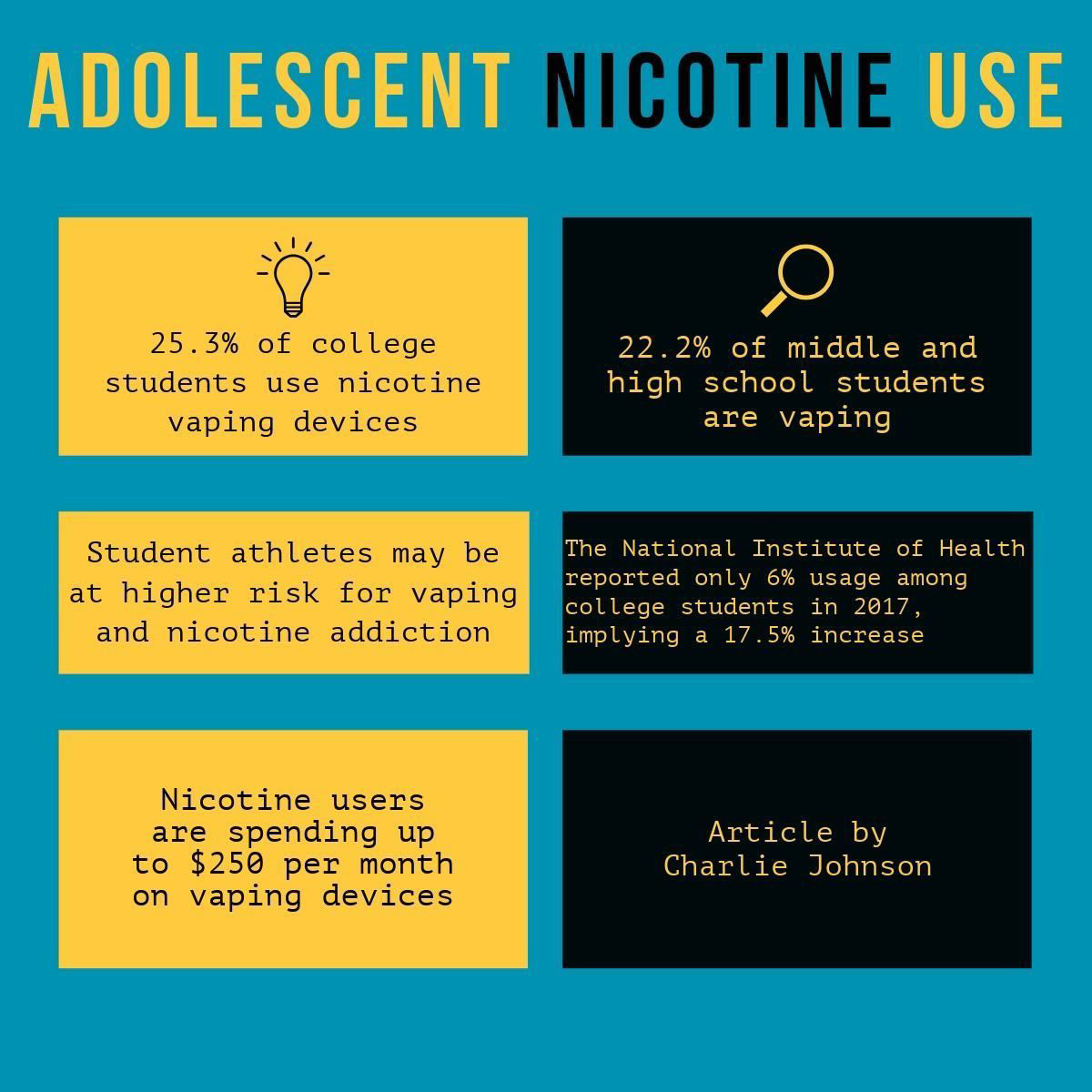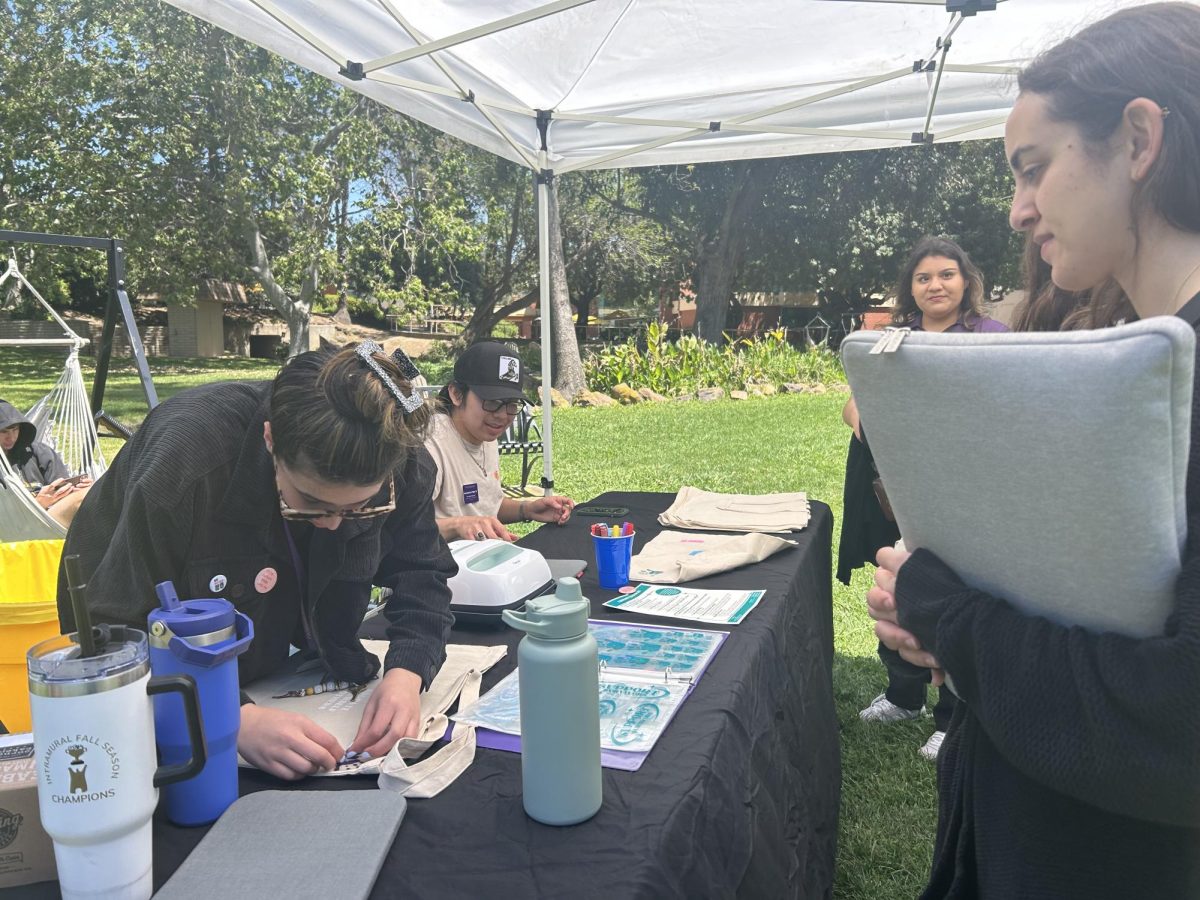“I had to have a doctor say I had anxiety. Based on that once I got in, I had to go to all these meetings with DSS [Disability Support Services], and then I had to go see a psychiatrist,” said Heather Carrillo, a California Lutheran University residential student with an emotional support animal.
These are only the first steps a student must take in order to get approved for an ESA in an institution of higher education.
Students must first be registered with the DSS office as having a diagnosed disability, said Wendy Jimenez, assistant director of academic services for DSS. This means that in order to be approved, students must first work closely with a therapist in two or more sessions in order to assess their needs.
This is where an important distinction between service animals and emotional support animals comes into play. If a student has a service animal, the only step they are suggested to take is to register with DSS, and even this is not mandatory.
“There is no requirement to register a service animal or anything like that. We just showed up,” said Katherine Lippert, a junior at Cal Lutheran with a service dog.
ESAs, on the other hand, fall under the discretion of Cal Lutheran when a student lives on campus, dictating where the animals are allowed to go on campus.
“Whereas a service animal can go with them [students] to class or to the dining hall, an ESA cannot,” Jimenez said.
Once it is clear that a student has a diagnosed mental condition and has filled out the necessary paperwork, they must begin filling out forms to ensure that it is the best solution for them.
“She [my psychiatrist] thought it would help because I told her about how I grew up with dogs, and that they make me happy, so she just signed the letter,” Carrillo said after seeing her psychiatrist six times.
Once the letter is signed, students must wait on DSS to approve the animal for the process to be complete, Carrillo said. However, once on campus, various rules must be followed.
“This means that they take care of the animal at all times. They can’t leave them overnight, the weekends or the holidays. They are not supposed to ask other people to watch them for them,” Jimenez said.
Students must ensure that their animals are clean, quiet and healthy in order to prevent disrupting any roommates or other students living in residence halls, Jimenez said.
Furthermore, the animals should be fairly independent in order to not disrupt the lives of the students who own them.
“The whole point is that that person can still go to class and be successful. So they’re not going to be in their dorm room 100 percent of the day,” Jimenez said.
The reality is that an ESA is not a pet – it is an animal performing a service to someone.
“It’s nice to have an animal as a pet here, but also he does serve a purpose,” Carrillo said.
Natalie Elliott
Reporter








